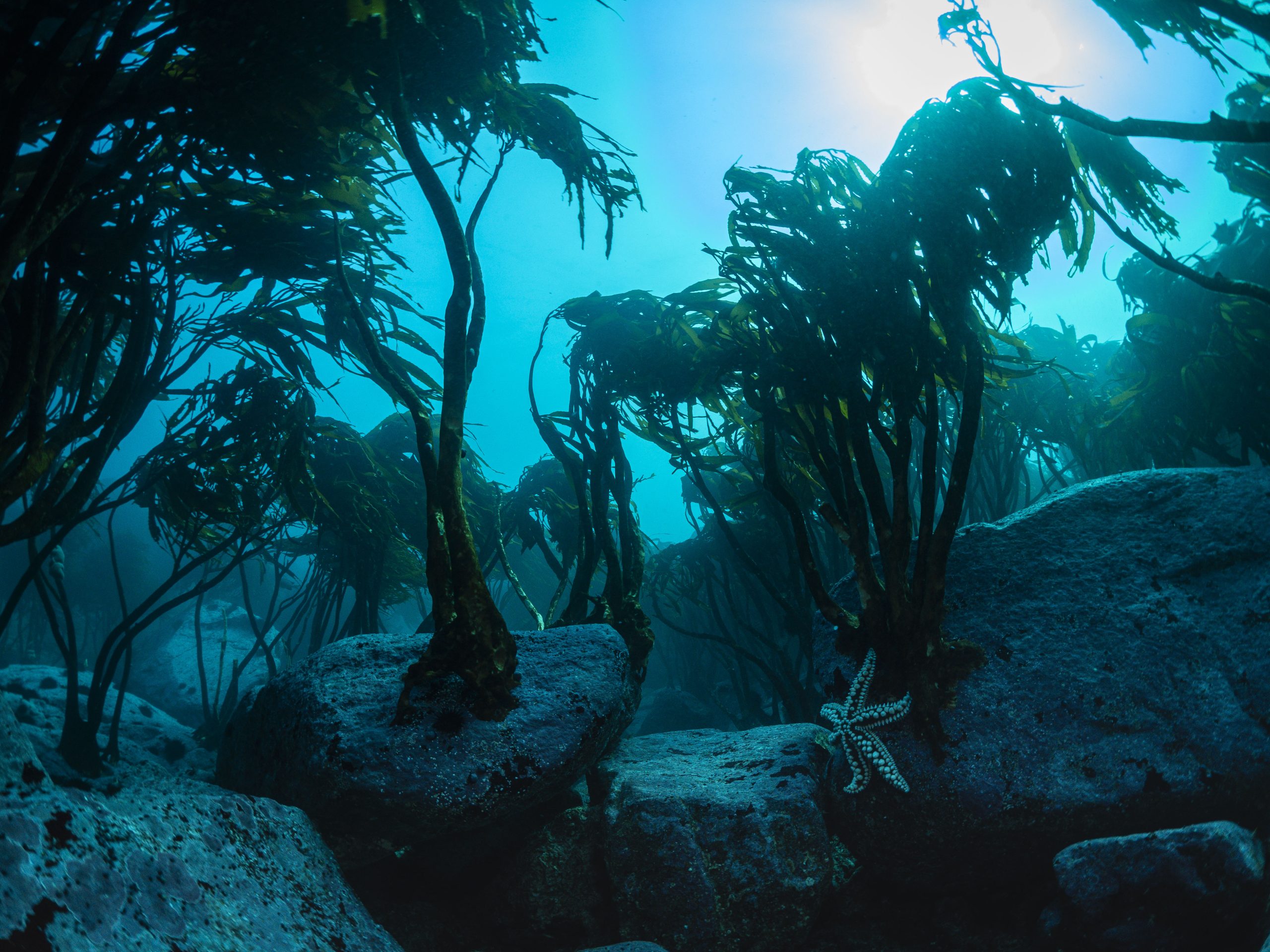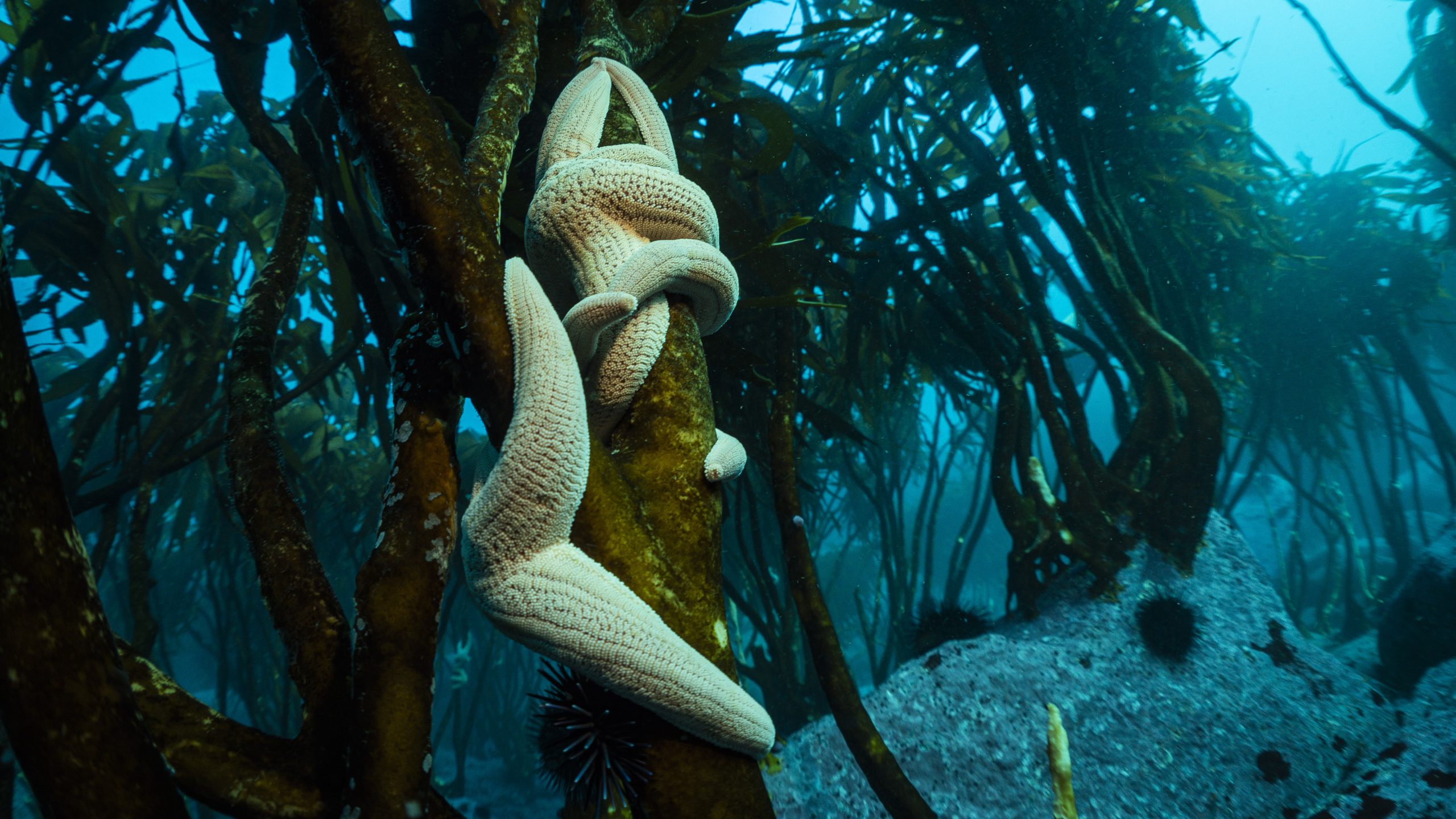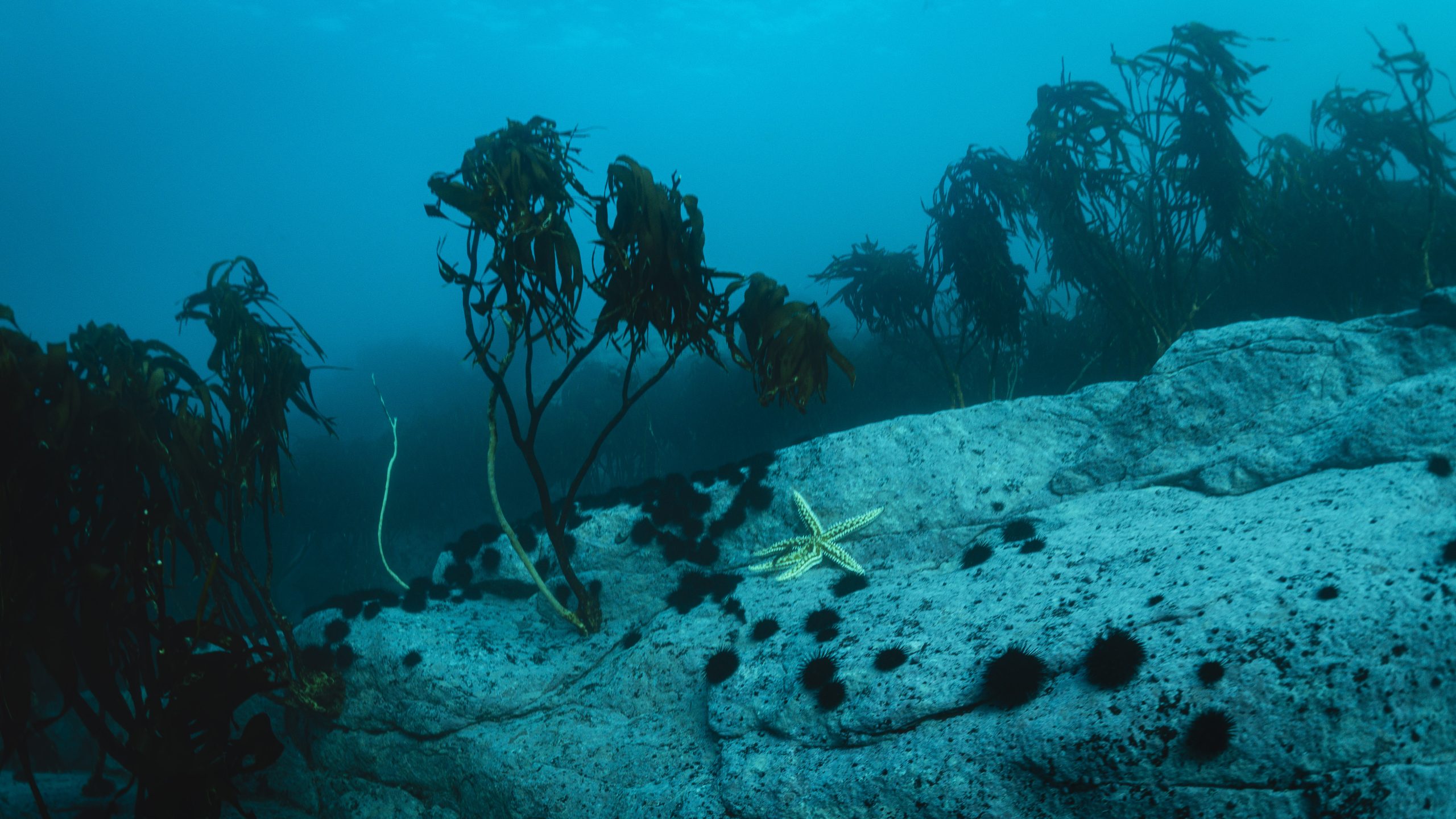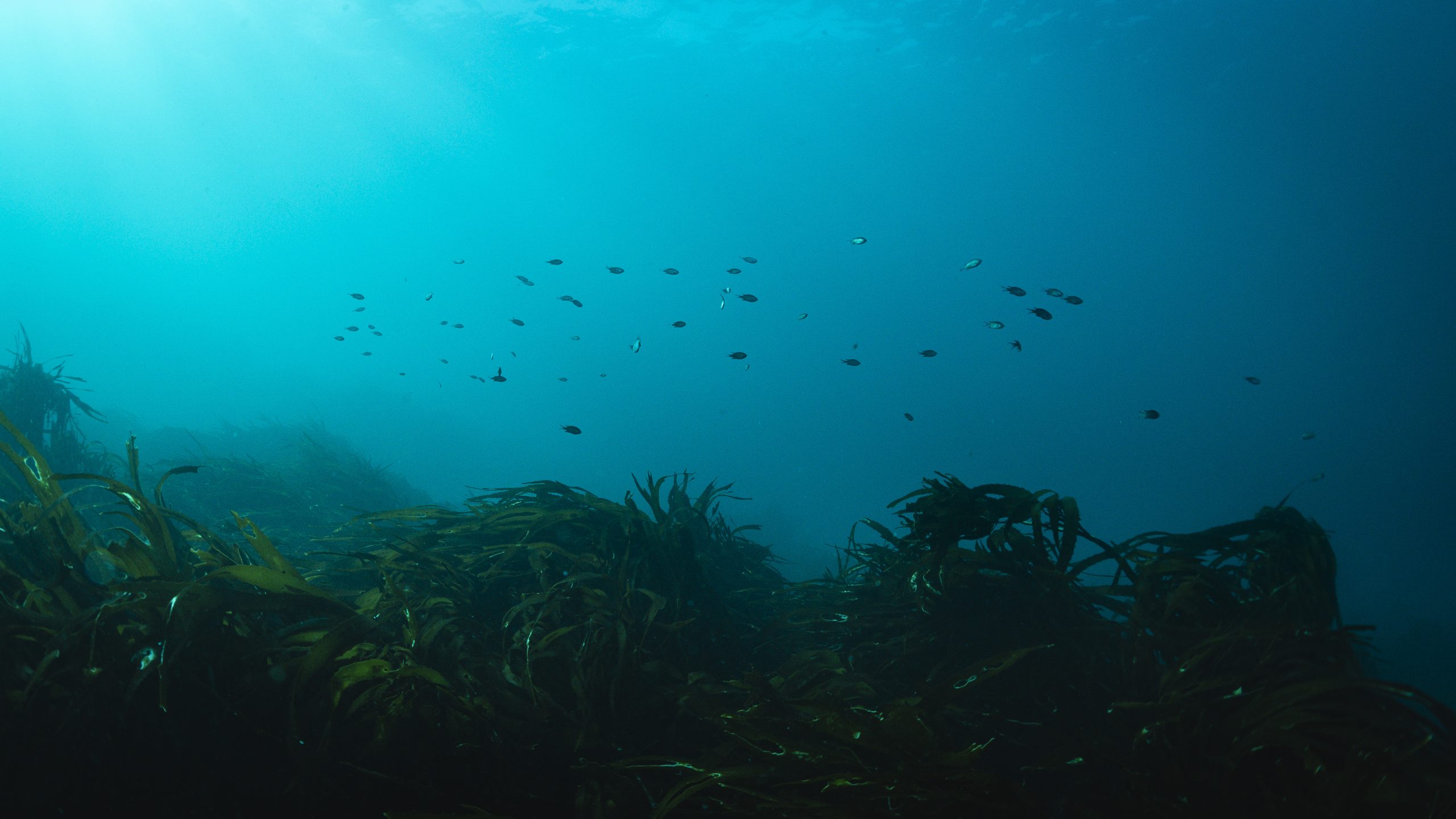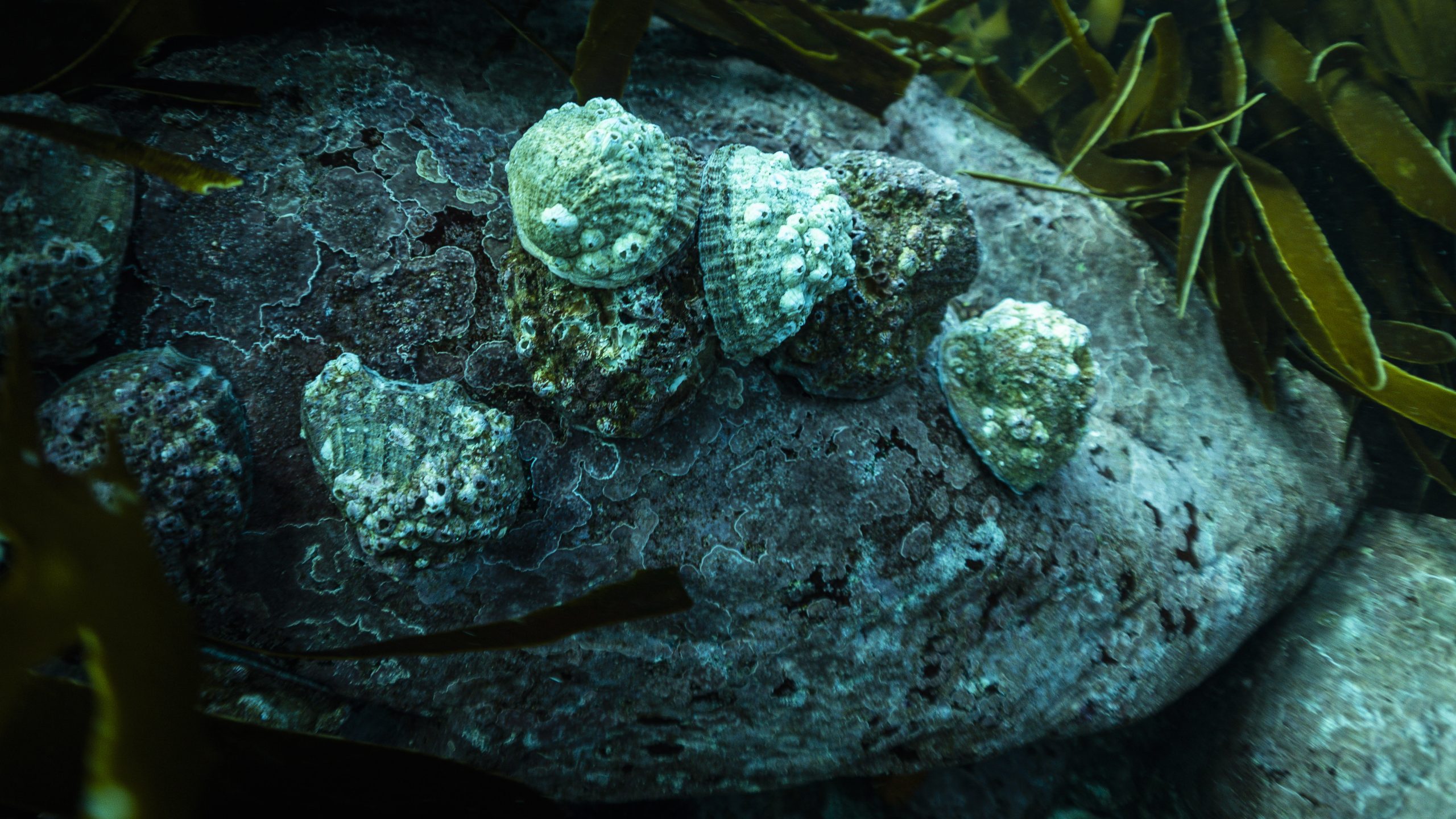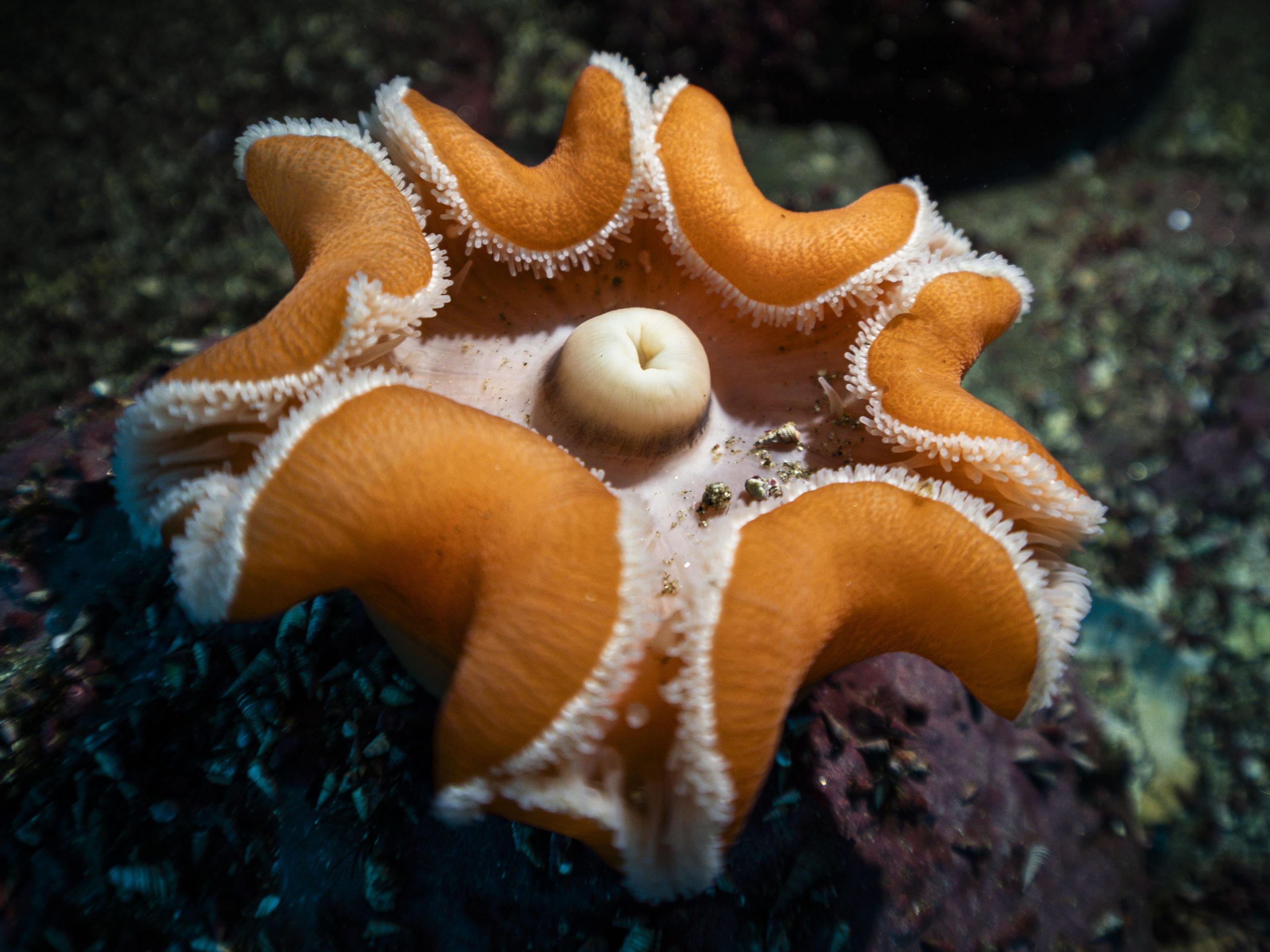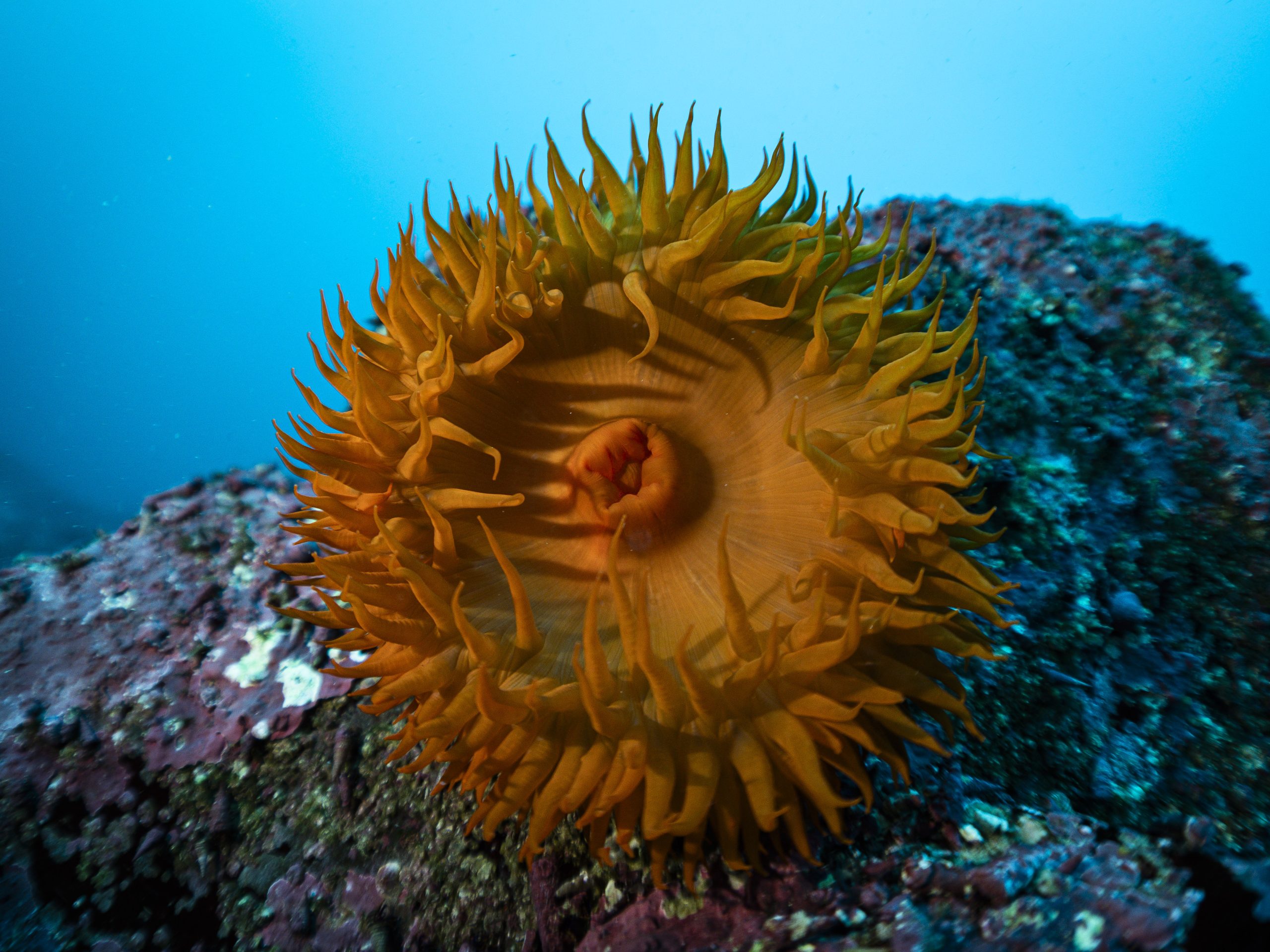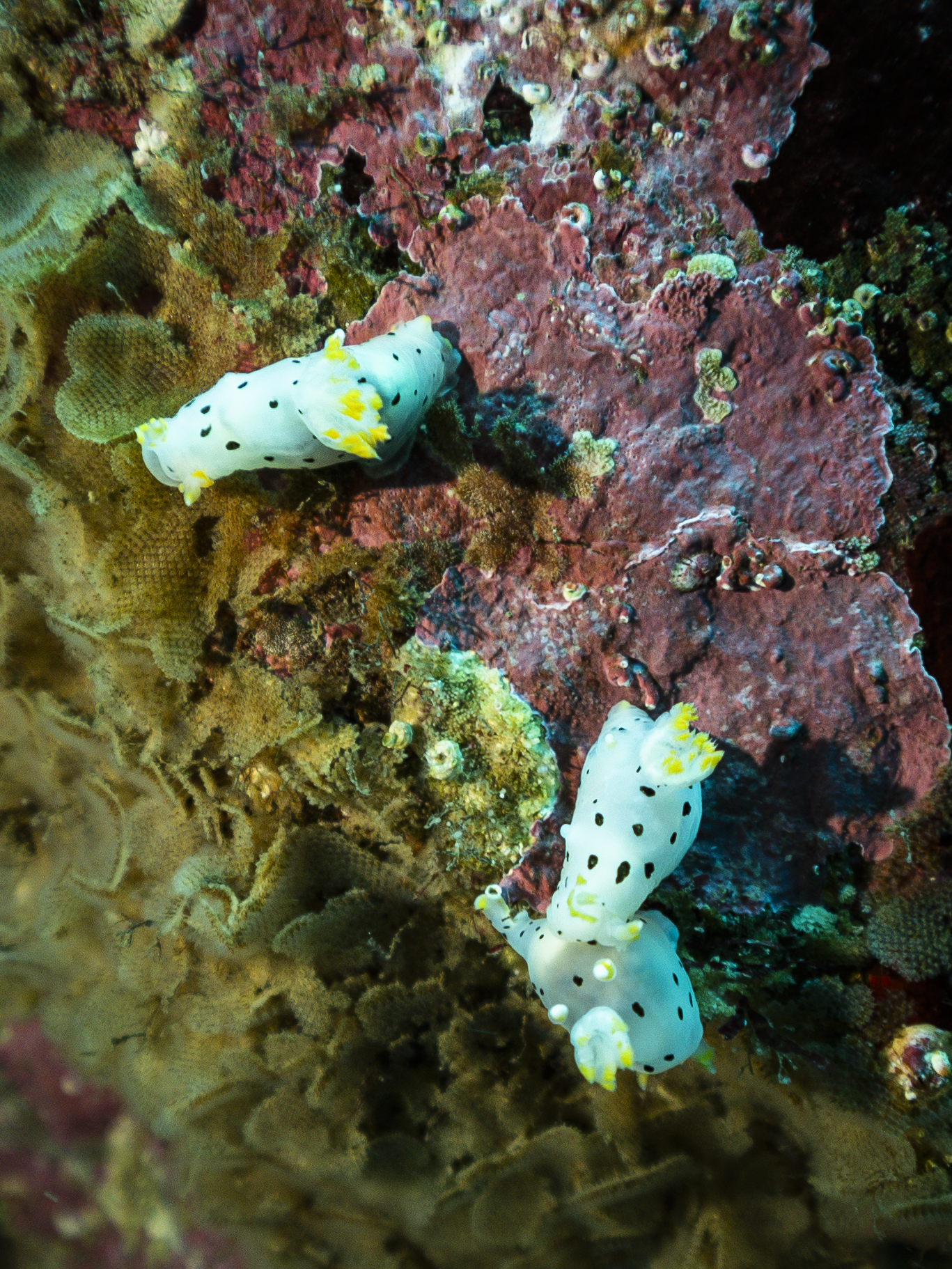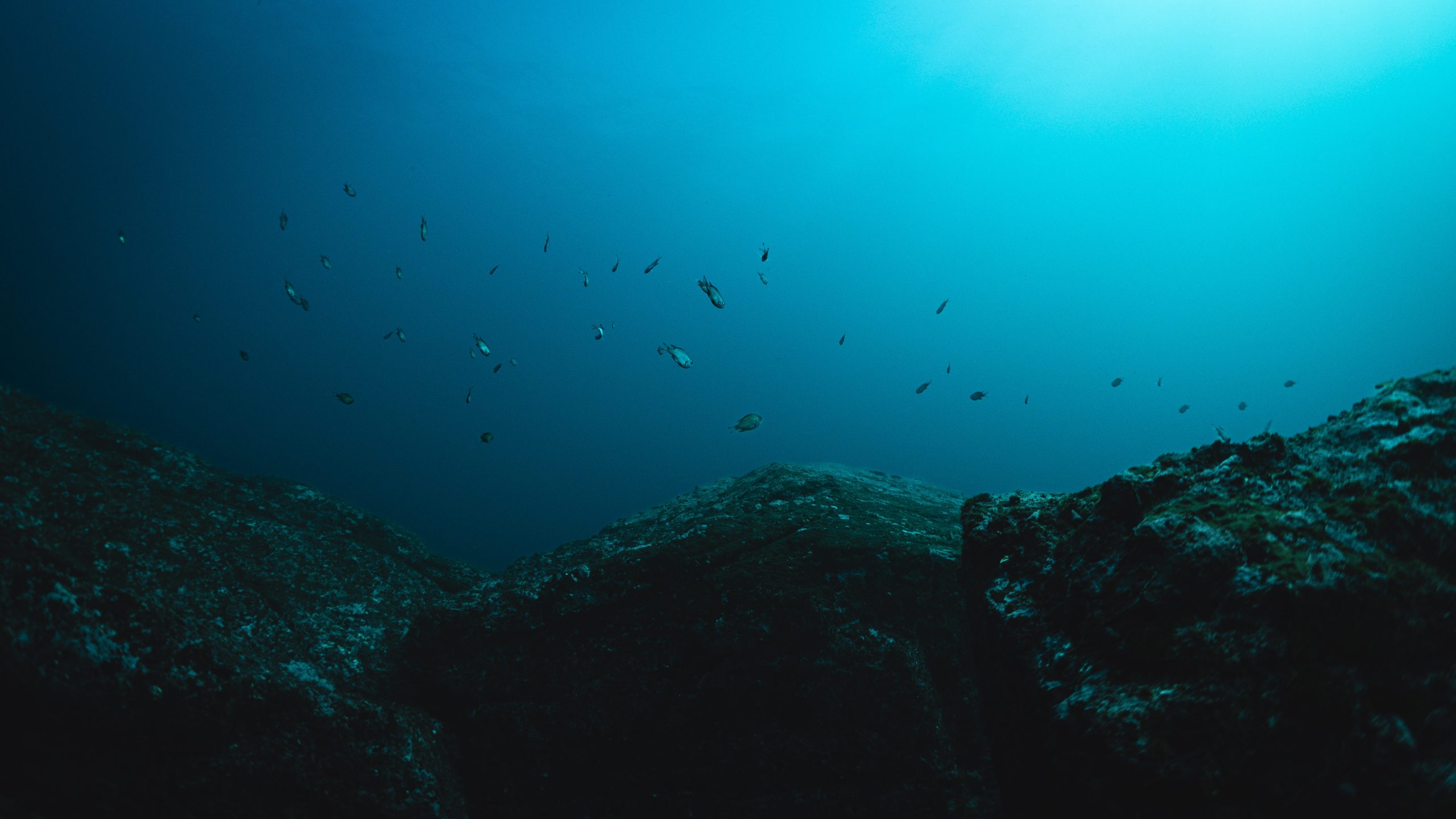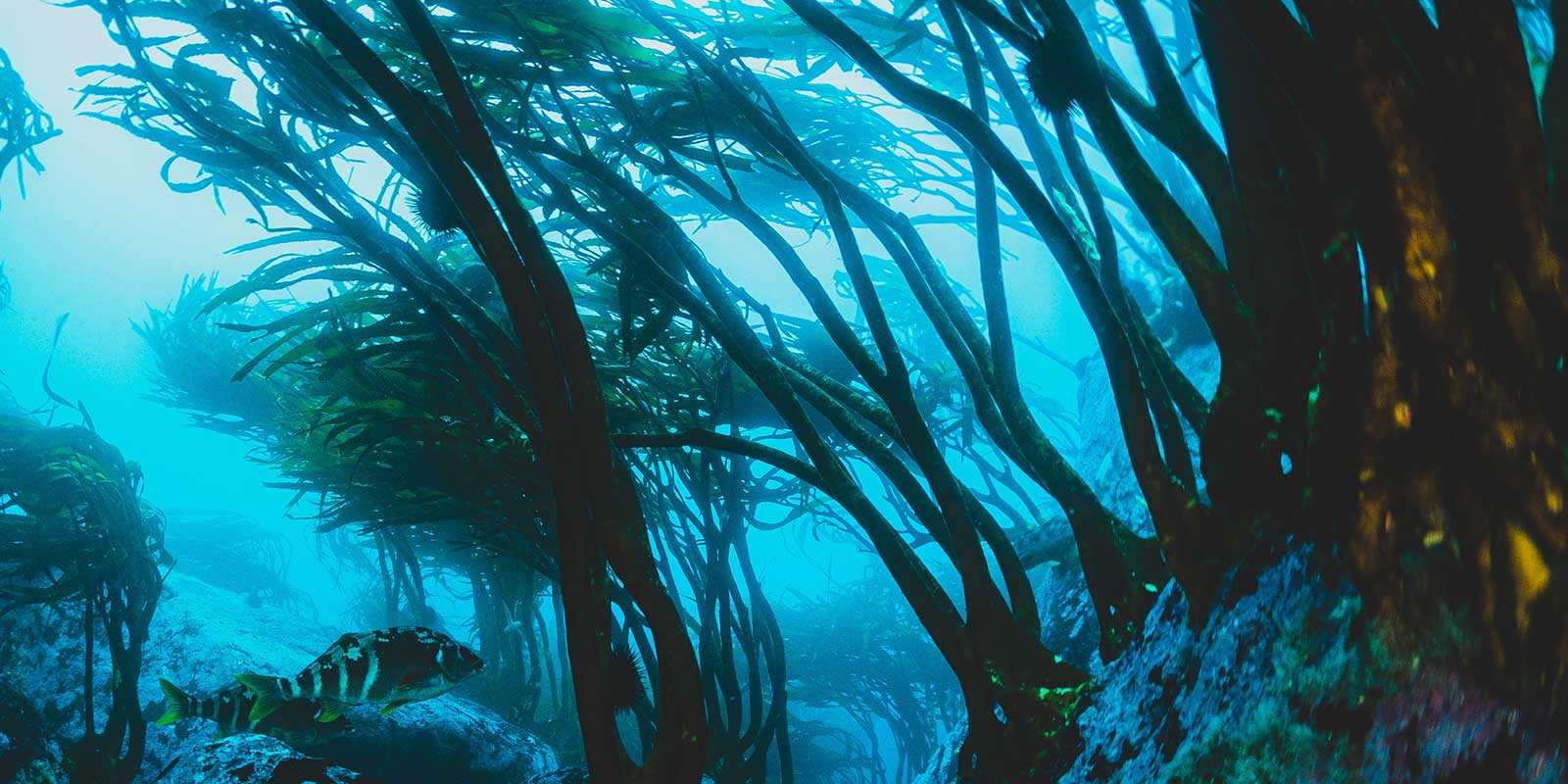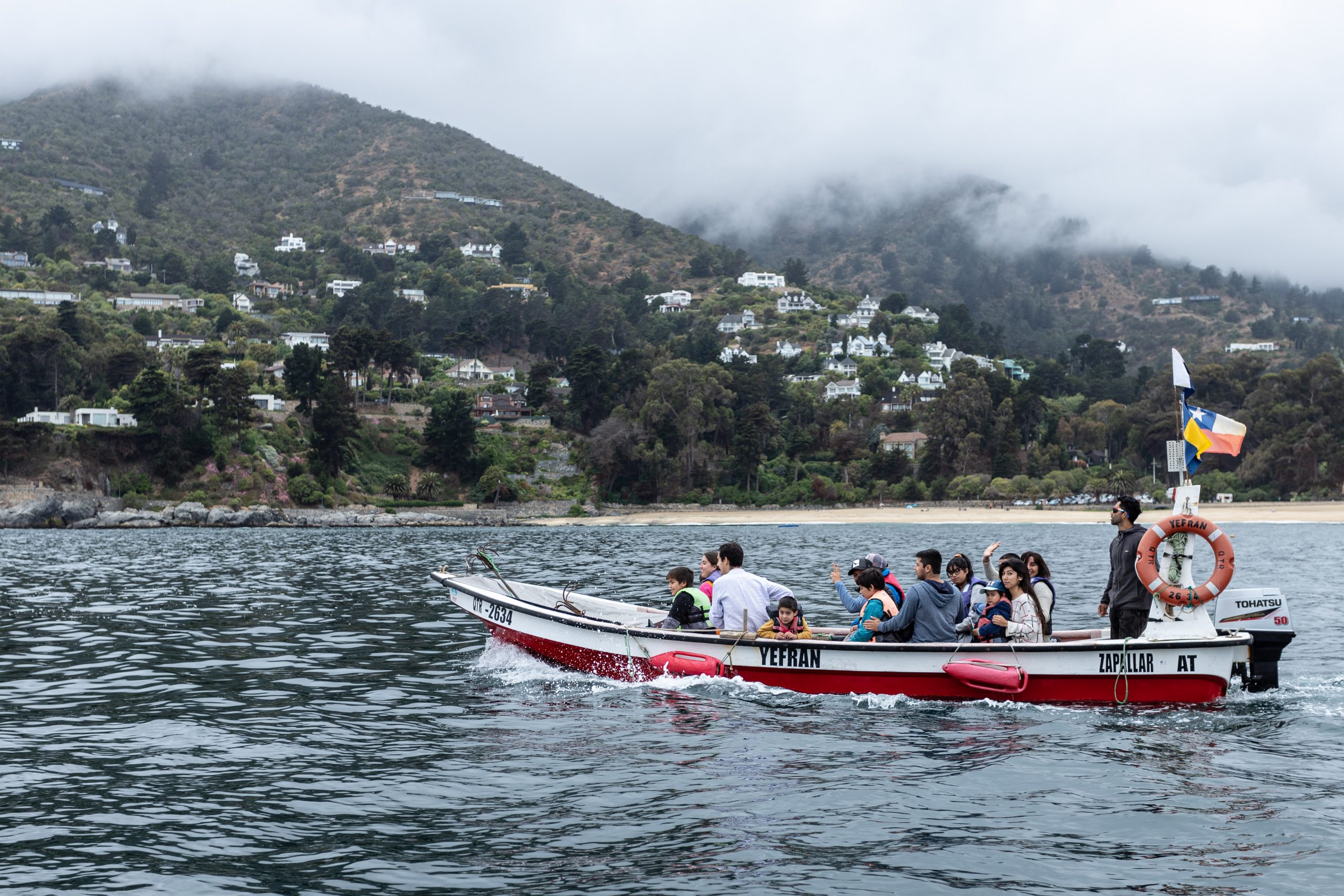* This opinion piece was originally published in The Navigator, an e-newsletter from Rise Up For The Ocean.
Although summer is about to arrive, a cloudy morning greets us as we approach the coast, and at times a warm wind sways the trees lining the roadside. It’s mid-December, yet spring seems to cling on, refusing to give way to the eagerly awaited summer season.
The same wind that toys with the vegetation also carries thick gray clouds from the ocean to the peaks of the hills that form the natural amphitheater of Zapallar, an idyllic coastal town on Chile’s central coast. Nature seems unaware of boundaries, and this interaction between sea and land allows the threatened Mediterranean forest to persist and flourish in the heights.
But this flourishing also finds an echo in the ocean. I still have vivid memories of December 15th, 2022, when I attended, for the first time with my children, the celebration of the first anniversary of the Zapallar TURF-Reserve. This initiative is led by the Zapallar Artisanal Fishers Union, who, in partnership with Capital Azul Foundation and on a completely voluntary basis, decided to allocate around 15 hectares of their Territorial Use Rights for Fisheries (TURF), where they have exclusive rights to exploit benthic resources, for conservation. The goal is that, through a spillover effect, this protected area will benefit the extractive zone in the medium term. However, along the way, we have also encountered benefits beyond the restoration of biodiversity and coastal ecosystems, which data is starting to reveal after a few years of underwater monitoring.
Almost two years have passed since that family trip to Zapallar, but the memories remain vivid for my children. The cove was beautifully decorated for the event. Kayakers, open-water swimmers, members of the Zapallar Diving School, residents, visitors, and local authorities were part of this community celebration for marine conservation, which also featured some environmental education stands, one of them led by Sergio Veas, president of the Zapallar Artisanal Fishers Union.
It was one of my children’s most striking and inspiring experiences: Sergio’s treasures, his stories, and his knowledge from a life by the sea. With tireless energy, he told them about the marine life they are protecting in their TURF-Reserve and why it is important to care for it. The stories were intertwined with shark teeth and stuffed fishes, also supported by other educational materials we have developed collaboratively with the fishers themselves and organizations like The Nature Conservancy (TNC) Chile and Fundación Oceanósfera. For my children -and many others- it was a small glimpse of the environmental education program that Sergio leads with the artisanal fisher’s union he presides over, an initiative that began out of his interest and motivation, with much love and passion, and which Capital Azul Foundation has sought to strengthen and support.
That moment left a lasting impression on them. Even today, my children consider Sergio a friend; they approach him, hug him, and share with him. And that is part of the magic of the TURF-Reserves: beyond protecting and restoring ecosystems, they foster a bond between people and communities, a special chemistry that is not found or felt everywhere, and in Zapallar, it seems to take on unique shades.
Since the Zapallar TURF-Reserve was inaugurated in December 2021, more than 5,000 students from various educational institutions in the commune and surrounding areas have come to the cove to learn, directly from the artisanal fishermen, about the TURF-Reserve, its marine life, and the importance of protecting it. And this has not only been directed at children: seniors and other local groups and actors have also begun to connect with the fishing cove through various activities that, with the TURF-Reserve at the center, have started to strengthen the social fabric. The change is noticeable: today, the artisanal fishers of Zapallar are seen differently by the community, no longer as predators of the sea, but as those who are leaving a legacy for future generations.
Today, Zapallar is at the forefront of a new way of doing marine conservation in Chile: a model that combines conservation and productivity within the same system, where artisanal fishing plays a leading role not only in ecosystem restoration and improving their livelihoods but also in transitioning towards more resilient and environmentally conscious communities.
In addition to Zapallar, the localities of La Polcura, Cachagua, Maitencillo, and Ventanas have also been collaboratively strengthening this model, which marked a milestone in early 2024 by achieving recognition within Chile’s public policies under the new Benthic law as “Voluntary Protection Zones”.
Capital Azul Foundation has been working on its TURF-Reserves program since 2016, which now, with this new regulation and the recent support of organizations like BHP Foundation, finds new opportunities for TURF-Reserves to become hubs of sustainable development along the entire Chilean coast, encouraging those dedicated to artisanal fishing and their families to not rely solely on resource extraction, diversifying their sources of income through activities such as ecotourism, science, and education.

